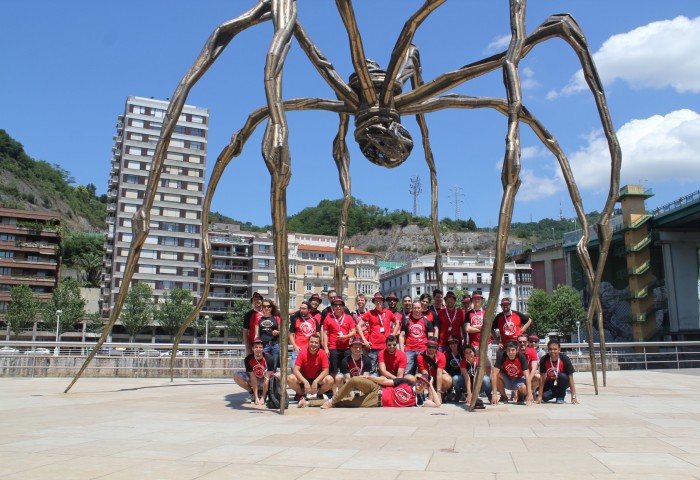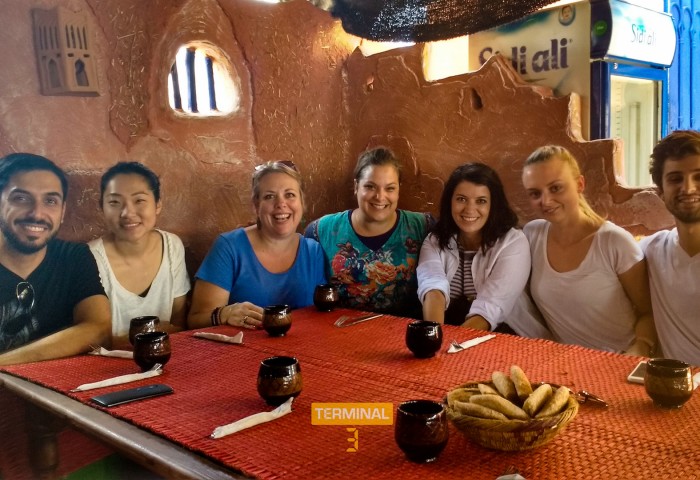We met Ade through a mutual friend and since then have enjoyed using both Formstack and beta testing their new app, Flock. He started Formstack in Indianapolis and has since grown it into a global, distributed company. They now have employees in several states and countries. From their careers page, “while, yes, this means ‘stackers can work at home in their PJs, it also means we’ve developed a unique culture that thrives on transparency, communication, and fun. We know how to work hard and play hard from wherever we feel most productive – whether that’s on a living room couch, in the Formstack office, or on a beach in Thailand.”
We connected with their CEO, Chris Byers who also blogs about running a remote company at WhereIsMyCEO.com.
How many employees and contractors do you have? (range is OK).
62
What’s the importance of location independence at your company?
Location is not a factor. While we do maintain an office in Indianapolis, it serves more as a dedicated co-working space due to a higher density of team members in the area. This is something we’d do if any city gained a high density of Stackers. Otherwise, you are completely free to live and work wherever.
Did you start with the intention of having a distributed or nomadic team? If not, when did you decide to support people working remotely?
We didn’t start that way. While I always preached that you should work in the place that is best for your personality, it wasn’t until we hired one remote team member and I (Chris Byers) moved cities that the door was really open. Since then we’ve transition from 100% in-office to a significantly remote company.
What are some of the challenges you face as a team without a central location or office?
We need to see each other from time to time for relationship building and for certain types of discussions. We solve that with allowing for somewhat regular travel…though it’s still unclear how that will need work work in the long-term.
What’s the upside that comes with not having a central location or office?
We don’t lose team members that want to move, flexible commute, working wherever works best for the individual.
Are there important non-office workspaces in the history of building your company—a favorite coffee shop, bar or similar space?
Starbucks, of course. Then we joined two Indianapolis co-working spaces when they opened and paid for memberships for the entire team. And we ate a lot of food together.
What % of your company regularly works remotely?
70%
Any advice or best practices for supporting the work styles of your teammates from a distance?
You need to have a common knowledge base online, agree on video technology, supply good technology, allow for travel expense, find ways to connect on a personal level via remote technology.
What types of places do your teammates choose to work from when remote?
Co-working, coffee shops, beaches, home
What qualities do you look for when hiring for a distributed team?
Strong ability to communicate is of high value. You can’t have someone on the other end of the line that you have to force to communicate. You want someone who naturally wants to stay engaged with others.
You’ve built great products that help the distributed workforce at large. Why did you choose to do that?
We needed to solve our own problems and figured others would enjoy that help.
What are your thoughts on Workfrom’s role in the way work is getting done—now and in the future?
It’s a wonderful thing to be able to go anywhere and have a place to land.

To learn more about Formstack, their product and their remote team and career opportunities, check out Formstack.com.



Responses